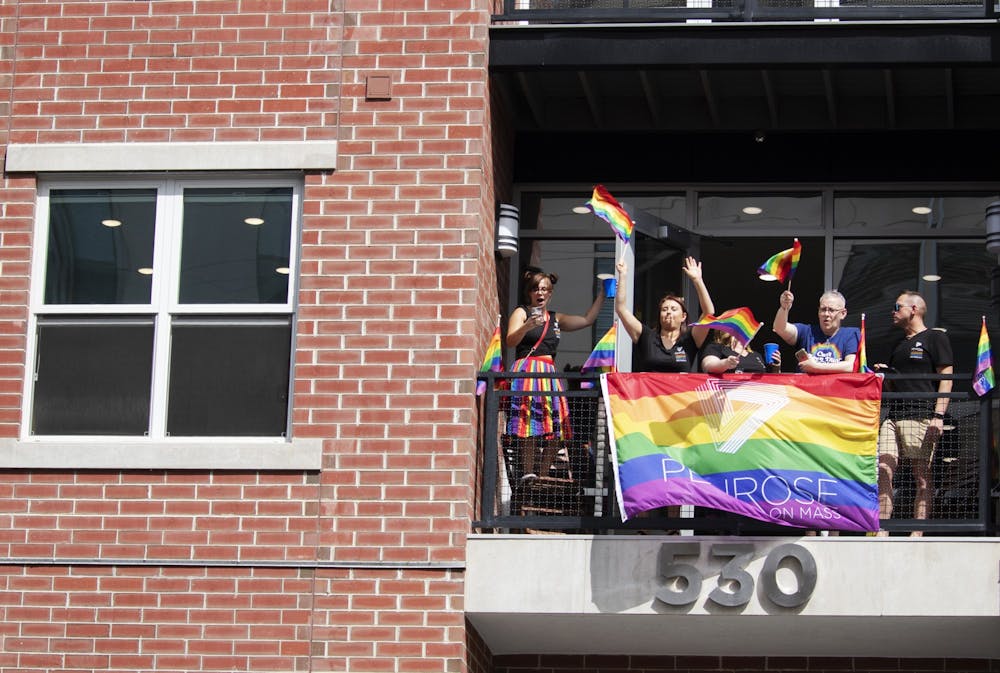A controversial parental rights bill in Florida proposes restrictions on the discussion of LGBTQ issues in classrooms. It passed through a Florida House committee in January.
This comes during a year where more than 280 proposed anti-LGBTQ bills will be taken into consideration by state legislatures. Florida’s bill is supported by Florida Gov. Ron DeSantis, and he stated the bill addressed the larger concern of parents' control over what is taught in schools.
But the bill serves as an overreach extending beyond parental awareness of what’s taught in the classroom. The bill’s supposed “parental rights” protections seriously endanger LGBTQ youth at a vital time in their development.
The legislation itself, titled the “Parental Rights in Education” bill ensures the ability for parents to sue school districts that defy its proposed terms, which includes banning discussions of sexual orientation and gender identity in Florida primary school classrooms.
It’s important to further examine a very specific 30-word phrase of the bill, vaguely stating that "a school district may not encourage classroom discussion about sexual orientation or gender identity in primary grade levels or in a manner that is not age-appropriate or developmentally appropriate for students."
The problems in this proposed legislation start with the text itself. It doesn’t define what “primary grade levels” are, the criteria for evaluating content as “age-appropriate or developmentally appropriate for students” or the definition of instructional encouragement.
Beyond its feeble and vague structure, the content serves as a dog whistle in opposition to increasing acceptance of the LGBTQ community. Supposed support for “parental rights” is a thinly veiled attempt to strip rights from students.
This is most visible through a clause of the proposed bill that requires school faculty to alert parents if they observe any change in services or a shift in a child’s mental, emotional or physical health.
And that is ultimately the most concerning part of this bill. While its aim is supposedly to give parents more autonomy in classrooms — which they already have if they attend PTA meetings and are involved in their local school board — it ultimately puts LGBTQ kids at risk of being outed to parents who might not accept them.
I am very fortunate to have come out to very accepting parents when I was in eighth grade, but not every kid has that opportunity. Teachers are often the people they feel most comfortable coming out to for the first time, and I know if I hadn’t been able to go to my parents, a teacher would have been my next option.
With this bill in place, parents would have to be notified if a student discloses they are gay or transgender, violating the privacy of the student and potentially putting them in danger if their parents were homophobic or transphobic.
Let me take this time remind you that bans on conversion therapy are currently unenforceable in Florida due to a federal preliminary injunction.
Even though I have many qualms with the way the bill was written, it’s important to look past the ink and directly into the goals of its authors. This is not a bill that is pro-parent, but rather a bill that is anti-LGBTQ.
Whether you like it or not, parents have no say on the identity of their child. I knew I was gay from the time I was five, and many other queer people do too. There’s no point in invalidating a child’s identity to protect one’s feeble prejudices or uncomfortable feelings.
LGBTQ kids exist. LGBTQ kids deserve to know that they are normal. LGBTQ kids deserve to be affirmed in their identities, and LGBTQ kids deserve protection and respect.
Chris Sciortino (he/him) is a junior studying theater and public relations. He is involved with the Queer Student Union and College Democrats at IU.






